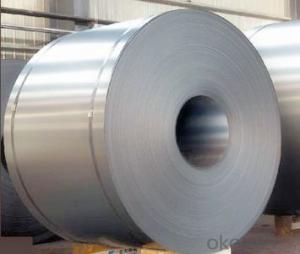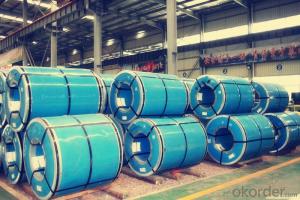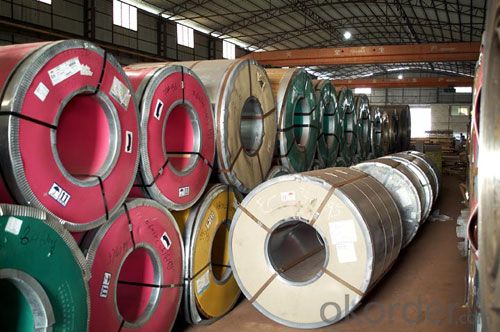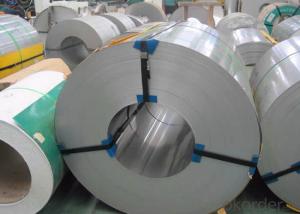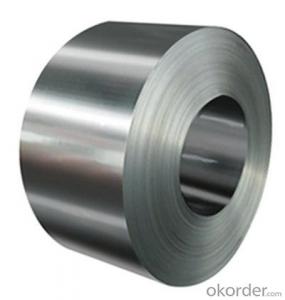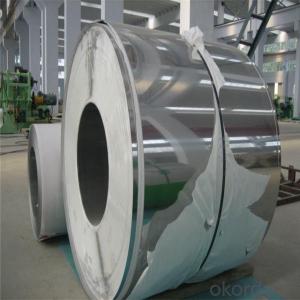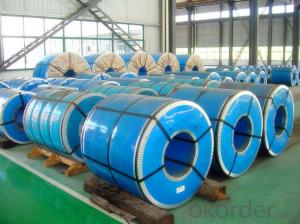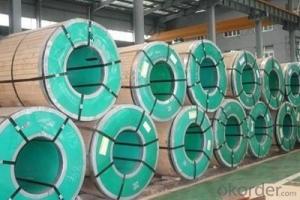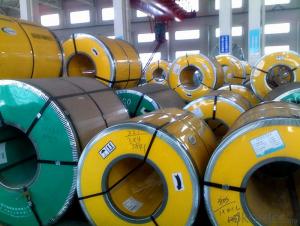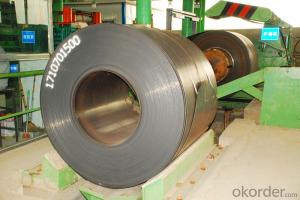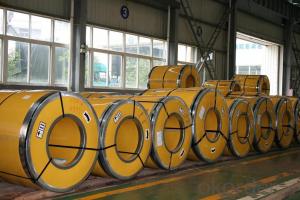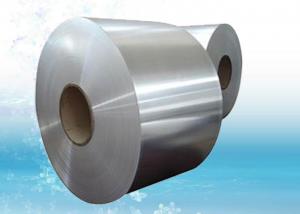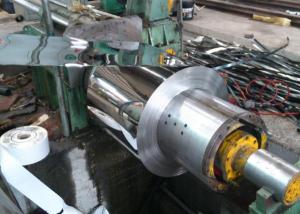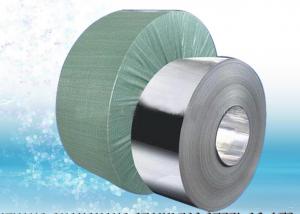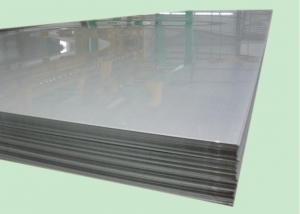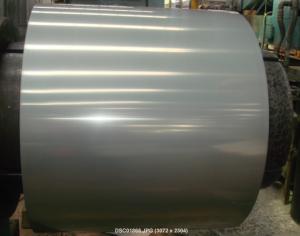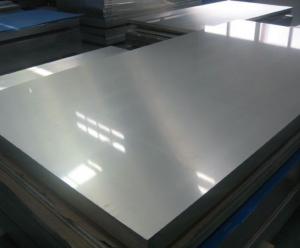Stainless Steel Coil Hot/Cold Rolled 201/304/430 Wide/Narrow Strip No.1/BA/2B Finish
OKorder Service Pledge
OKorder Financial Service
You Might Also Like
Hot / Cold Rolled Stainless Steel Coil
1. | Item | STAINLESS STEEL COIL | ||
2. | Standard | ASTM,AISI,GB,JIS,SUS,EN,DIN,etc. | ||
3. |
Material | 200 series | 300 series | 400 series |
201,202 | 300,301,304,304L,309S,310S,316Ti,316L, 317L,321,329,329LA,329LD | 409,410,430,430LX,600,601 | ||
4. |
Specification | Thickness | 0.1mm-200mm | |
Width | 1000mm-3000mm | |||
Length | 1m-12m | |||
5. | Surface | No.1,No.4,No.5,BA,2B,hair line,embossed,mirror finish,etc | ||
6. | Application | Stainless steel coils s are widely used in: 1:Chemical industry equipment,industrial tanks 2:Medical instruments,tableware,kitchen utensil,kitchen ware. 3:Architectural purpose,milk or food processing facilities. 4:Hospital equipment,interior exterior decoration for building 5:Architectural purposes,escalators,kitchen ware,vehicles. Or they can be made as your requirement. | ||
7. | Package | Standard export package. | ||
8. | Export to | Asia,Africa,Europe,Middle East,South and North America,Oceania,etc | ||
9. | Contact | please feel free to contact us | ||
- Q: Are stainless steel strips resistant to intergranular corrosion?
- Yes, stainless steel strips are generally resistant to intergranular corrosion due to the presence of chromium, which forms a protective oxide layer on the surface and maintains the integrity of the material.
- Q: Can stainless steel strips be used in musical instruments?
- Yes, stainless steel strips can be used in musical instruments. Stainless steel is a versatile and durable material that is commonly used in various industries, including music. It offers excellent corrosion resistance, high strength, and good mechanical properties, making it suitable for different applications in musical instruments. Stainless steel strips can be used in instruments like guitars, pianos, drums, and other percussion instruments. For example, stainless steel strips can be used as frets on a guitar, providing a smooth surface for the strings to make contact and produce clear and crisp sounds. Stainless steel strips can also be used as keys or hammers in pianos, providing a consistent and reliable striking surface for the strings. In addition, stainless steel strips can be used in the construction of wind instruments. For instance, stainless steel strips can be used as reeds or valves in brass instruments like trumpets or saxophones. Stainless steel's corrosion resistance ensures longevity and prevents deterioration from moisture and saliva that these instruments are exposed to during play. Overall, stainless steel strips offer various benefits for musical instrument applications. They provide durability, corrosion resistance, and versatility, ensuring the instruments perform well and maintain their quality over time.
- Q: Can stainless steel strips be used in the food processing equipment industry?
- Yes, stainless steel strips can be used in the food processing equipment industry. Stainless steel is a popular material choice in the food processing industry due to its many beneficial properties. It is corrosion-resistant, which is essential in an environment where food and liquids are present. Stainless steel is also hygienic and easy to clean, making it suitable for equipment that comes into contact with food. Additionally, stainless steel has high strength and durability, ensuring that the equipment can withstand the rigorous demands of the food processing industry. Therefore, stainless steel strips are commonly used in the manufacturing of food processing equipment such as conveyors, mixers, slicing machines, and food storage containers.
- Q: Can stainless steel strips be used in the textile industry?
- Yes, stainless steel strips can be used in the textile industry. Stainless steel strips are commonly used in the textile industry for various applications. They are often utilized in textile machinery and equipment, such as looms, knitting machines, and weaving machines. Stainless steel strips have excellent strength, durability, and corrosion resistance properties, making them ideal for use in these machines, which are subject to high stress and frequent use. Additionally, stainless steel strips can be used in the production of textile accessories such as zippers, buttons, and fasteners, adding a touch of strength and aesthetic appeal. Overall, stainless steel strips are a versatile material that can enhance the performance, durability, and appearance of textile products, making them a valuable resource in the textile industry.
- Q: Can stainless steel strips be used in the oil refining industry?
- Yes, stainless steel strips can be used in the oil refining industry. Stainless steel is known for its corrosion resistance, high temperature strength, and durability, making it a suitable material for various applications in this industry, including piping, storage tanks, heat exchangers, and other equipment that comes into contact with oil and its byproducts.
- Q: What is the corrosion resistance of stainless steel strips in saltwater?
- Stainless steel strips have excellent corrosion resistance in saltwater due to their high chromium content, which forms a protective oxide layer on the surface, preventing corrosion and rusting. This makes stainless steel strips a suitable choice for various marine applications.
- Q: Can stainless steel strips be used for architectural balustrades?
- Yes, stainless steel strips can be used for architectural balustrades. Stainless steel is a popular choice for architectural applications due to its durability, strength, and aesthetic appeal. It is resistant to corrosion and can withstand outdoor elements, making it an ideal material for balustrades. Stainless steel strips can be easily shaped into various designs, providing flexibility and creativity in architectural projects.
- Q: Can stainless steel strips be used in the aerospace landing gear?
- Stainless steel strips are capable of being utilized in aerospace landing gear. The utilization of stainless steel in aerospace applications is highly favored due to its exceptional ability to resist corrosion, possess high strength, and exhibit durability. The components of the landing gear are subjected to various environmental conditions and stress loads during takeoff, landing, and taxiing. Therefore, stainless steel is an ideal choice as it can endure these factors. Moreover, stainless steel's resistance to fatigue and impact enables it to withstand the intense loads and shocks encountered during landing and ground operations. Additionally, its high strength-to-weight ratio allows for reduced weight, which is of utmost importance in aerospace applications where weight optimization is a priority. In conclusion, employing stainless steel strips in aerospace landing gear provides a dependable and long-lasting solution.
- Q: Can stainless steel strips be used for medical implants?
- Medical implants can indeed utilize stainless steel strips. Stainless steel is widely employed in the medical industry due to its impressive mechanical properties, resistance to corrosion, and ability to coexist with living tissue. It can be easily molded into strips or other desired shapes to cater to the specific needs of medical implants. Orthopedic implants such as plates, screws, and wires, as well as cardiovascular implants like stents and pacemakers, frequently employ stainless steel strips. The material's capacity to endure sterilization processes and its long-lasting durability make it an appropriate choice for medical implants. However, it is crucial to carefully consider the particular grade of stainless steel employed, along with the design and surface finish of the strips, in order to guarantee compatibility with the human body and minimize the risk of adverse reactions or complications.
- Q: Are stainless steel strips resistant to chlorine attack?
- Indeed, stainless steel strips exhibit resistance against chlorine attack. Stainless steel is renowned for its exceptional corrosion resistance and can endure exposure to chlorine and other corrosive substances. This resistance stems from the inclusion of chromium in stainless steel, which generates a protective layer on its surface when exposed to oxygen. Consequently, this layer prevents the metal from reacting with chlorine or other corrosive agents. Given their remarkable resistance to chlorine attack, stainless steel strips find widespread usage in numerous industries that involve contact with chlorine. These industries include water treatment plants, swimming pools, and chemical processing facilities.
Send your message to us
Stainless Steel Coil Hot/Cold Rolled 201/304/430 Wide/Narrow Strip No.1/BA/2B Finish
OKorder Service Pledge
OKorder Financial Service
Similar products
Hot products
Hot Searches
Related keywords
